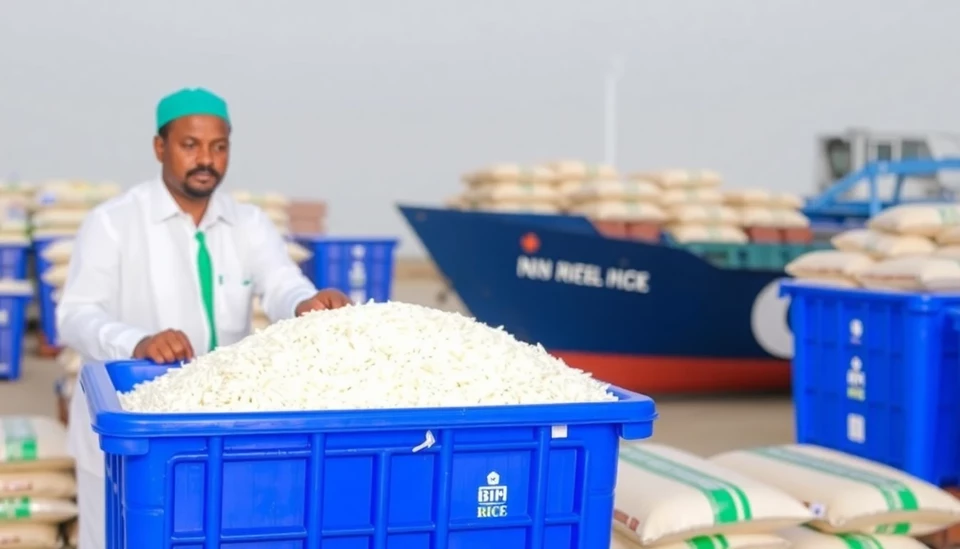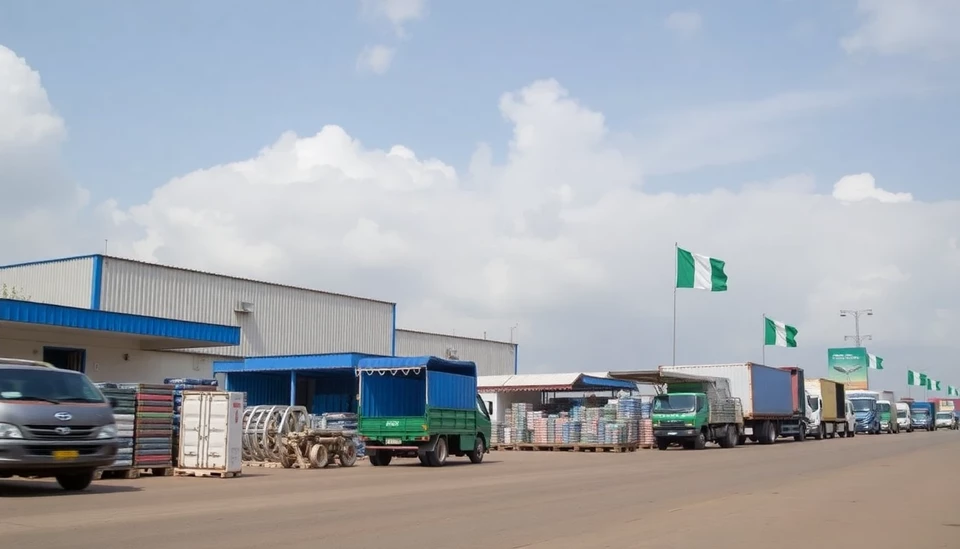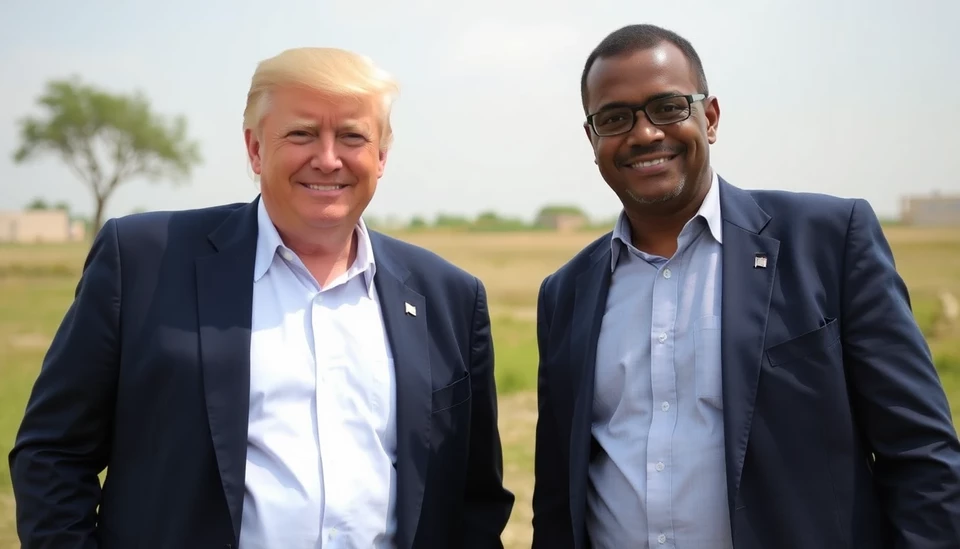
In a significant move aimed at bolstering its agricultural sector and ensuring food security, Nigeria is set to receive its inaugural shipment of rice under the recently introduced duty-free import policy. This initiative, launched by the Nigerian government, seeks to alleviate the pressures on local producers and meet the growing demand for rice in the country.
The shipment, which is expected to arrive shortly, marks a pivotal shift in Nigeria's trade policies regarding staple foods. Previously, the country had imposed restrictions and tariffs designed to protect local farmers and encourage domestic rice production. However, with ongoing challenges such as rising prices and increased demand, officials recognized the urgent need to adapt and ensure that citizens have access to affordable food options.
Nigeria, known as one of Africa's largest agricultural producers, has struggled with rice availability due to various factors, including climate variability, pest infestations, and underinvestment in agriculture. The introduction of the duty-free import policy is seen as a response to the burgeoning issue of food insecurity, which has been exacerbated by global supply chain disruptions and local infrastructural challenges.
The government's decision to allow duty-free rice imports is expected to not only stabilize prices but also enhance the overall supply within the market. Economists suggest that this could provide a short-term relief for households as well as a more sustainable plan for the country's long-term food security strategy.
Officials from the Nigerian Ministry of Agriculture have expressed optimism regarding the impact of the shipment on local markets. They assert that while the intent is to support consumers in the immediate term, the government remains committed to investing in local agricultural initiatives. Efforts will continue to ramp up domestic rice production, aiming to balance between imported and locally grown rice.
The arrival of rice imports also signifies a larger trend within sub-Saharan Africa, as countries grapple with balancing protective measures for local farmers and the need for competitive prices for consumers. Nigeria’s action is likely to create ripples across the region, influencing other nations to reconsider their trade policies regarding basic food items.
In conclusion, Nigeria's first rice shipment under this new policy is not merely a logistical achievement but a broader reflection of the challenges and transformations within the agricultural landscape of the nation. As the country navigates the complexities of food insecurity and agricultural sustainability, it sets an example for others facing similar dilemmas.
As stakeholders and citizens await the arrival of the first shipment, all eyes are now on the subsequent development in the local agricultural sector and whether this policy will strike the desired balance between import reliance and domestic production.
#Nigeria #RiceImport #FoodSecurity #AgriculturePolicy #DutyFreeImport #MarketStability #EconomicDevelopment
Author: Daniel Foster




